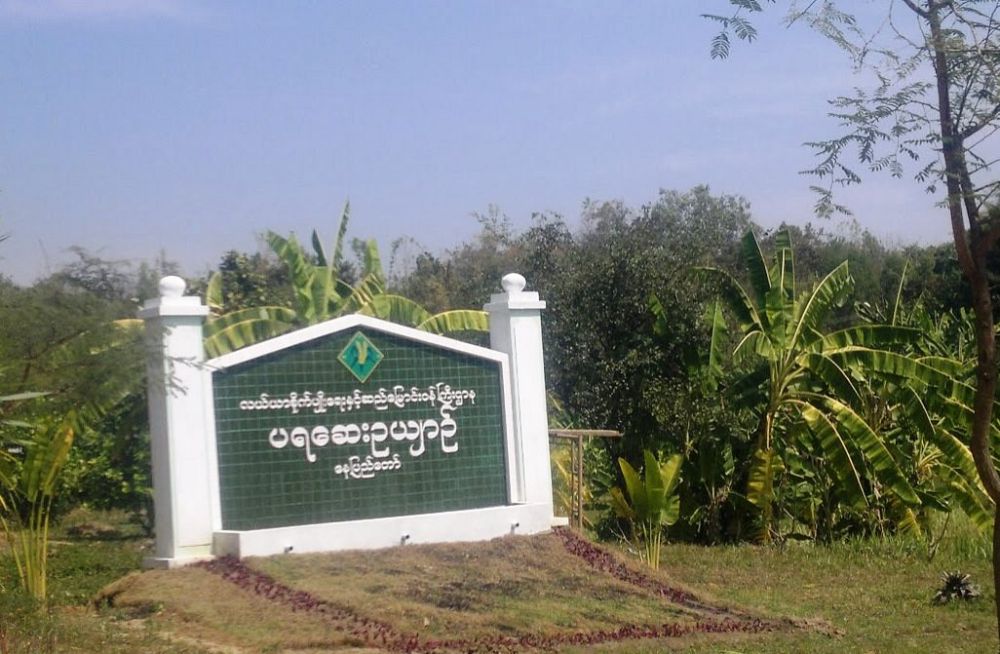

Naypyidaw, the capital of Myanmar, is home to a unique and serene attraction known as the Herbal Garden. This botanical sanctuary is not only a place of natural beauty but also an embodiment of the rich herbal knowledge that has been passed down through generations in Myanmar. The Herbal Garden is a relatively new addition to Myanmar's tourism landscape, reflecting the country's effort to showcase its rich biodiversity and traditional herbal practices to visitors from around the world.
The Herbal Garden was officially opened to the public in the early 21st century, following the government's plans to develop Naypyidaw as a center for both political administration and tourism. The garden's development was a deliberate move to diversify the attractions available in the new capital and create a space that could offer educational, recreational, and therapeutic experiences to both residents and tourists alike.
Since its inception, the Herbal Garden has been part of a strategic push to increase environmental and health consciousness among the public. This initiative aligns with the principle of sustainable tourism, which is a growing trend in the global travel industry. Myanmar has recognized the importance of preserving its ecosystems while promoting tourism, and the Herbal Garden is a testament to this approach.
The latest trends in tourism at the Herbal Garden, Naypyidaw mirror the global shift towards sustainable and wellness tourism. Visitors are increasingly interested in experiences that promote health, well-being, and sustainability. The Herbal Garden caters to this trend by providing a setting that not only educates visitors on traditional herbal medicine but also emphasizes the importance of preserving the environment.
Another emerging trend is the integration of technology in enhancing the visitor experience. The Herbal Garden may incorporate digital guides, mobile apps, or augmented reality features to enrich educational tours and provide interactive learning experiences.
Additionally, experiential tourism is also on the rise, where travelers seek to immerse themselves in local cultures and practices. The Herbal Garden has the potential to offer workshops on herbal medicine preparation, traditional healing practices, or even cooking classes that feature healthy, herb-based cuisine.
In conclusion, the Herbal Garden in Naypyidaw is not simply a tourist destination but a symbol of Myanmar's dedication to preserving its natural heritage and promoting sustainable tourism practices. For travelers seeking tranquility, knowledge, and a connection to nature, the Herbal Garden stands as a must-visit location in the heart of Myanmar.
For the latest updates on visiting hours, tour bookings, and special events at the Herbal Garden, Naypyidaw, please visit the official Myanmar Tourism website or contact the garden's administration directly.